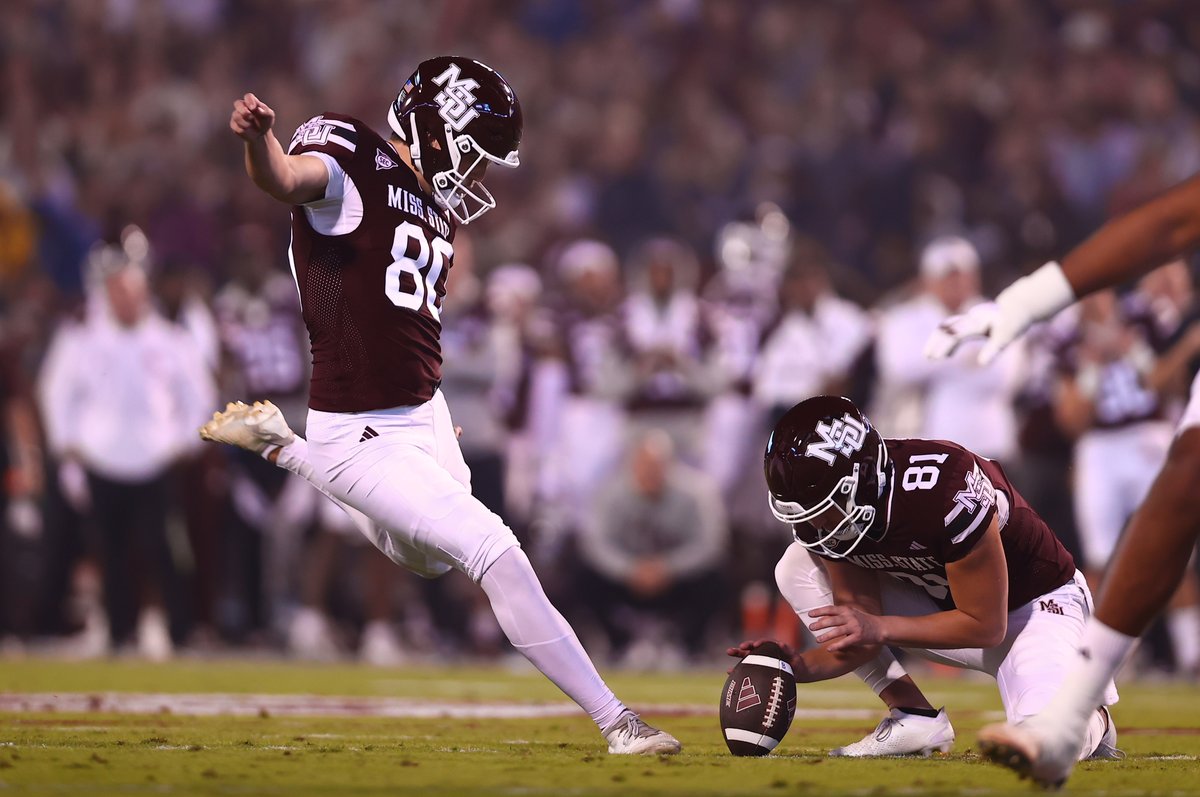You don’t have to drive far around Columbus to see the lingering reminders of Tuesday night.
Obama/Biden and Romney/Ryan campaign signs can still be found in many front yards, but soon those signs will be removed and heaped in trash piles from Bluecutt Road to Lehmberg Road.
And then they will be replaced with signs that say “Robert Smith for Mayor” or “Vote for Gene Taylor.”
As the dust begins to settle after a lengthy campaign season that culminated with the re-election of President Barack Obama over Republican challenger Mitt Romney, municipal elections for the City of Columbus are approaching.
Qualifying will begin Jan. 2 for candidates planning to run for mayor or as councilman in one of the city’s six wards. The last date to qualify will be March 8 at 5 p.m.
The primary election will be Tuesday, May 7, and if a run-off is needed, it will be held May 21. The city’s general election will be June 4 and elected officials will be sworn in July 1.
On The ballot
Although the official day to qualify is in January, some Columbus incumbents are already planning their next moves. Ward 1 Councilman Gene Taylor (D) Thursday said he will seek a third term. He was first elected to fill the seat vacated by Robert Smith, who was elected mayor.
Also confirmed to be seeking re-election as a Democrat is Ward 4 Councilman Fred Stewart. Stewart, who ran unopposed in the 2009 election, said he is seeking his fifth term.
Republican councilmen Charlie Box (Ward 3) and Bill Gavin (Ward 6) also confirmed they will run for their second terms.
Rumor mill
One of the more speculated contests of 2013 is the race for mayor. Incumbent Smith said he fully intends to seek re-election for the office he has held for two full terms and one partial term. Smith, who was the councilman in Ward 1 and vice mayor at the time, replaced then-mayor Jeffrey Rupp, who abandoned his position during his first term in office to run for secretary of state.
Ward 5 Councilman Kabir Karriem has long been rumored to be abandoning his run for a second term in Ward 5 in order to challenge Smith for the mayor’s post. Thursday, Karriem dispelled the rumors via an email to The Dispatch.
“People have been floating that for quite some time but the needs, concerns and improvements for the citizens of Ward 5 not only have my heart but my full attention,” Karriem said. “I’m going to seek another term through re-election and have no aspirations for mayor at this time.”
Another name often attached to the ballot in the mayor race is that of Columbus businessman Bo Jarrett, owner of Jarrett Towing. Jarrett did not, however, completely refute the notion of running for the city’s top office.
“I’m thinking about (running for mayor) but I haven’t made my decision,” Jarrett said.
Cadence Bank senior vice-president Larry Cantrell, who served as a Republican National Convention alternate delegate, quashed rumors of his political ambitions, at least on the local level. When asked if he is planning to run for mayor, Cantrell emphatically said, “That’s not going to happen.”
Lowndes County’s self-proclaimed “elder political statesman” and District 5 Supervisor Leroy Brooks is rumored every four years to be contemplating the mayoral race. But Brooks laughed off the notion Thursday, saying, “No — I have no plans to run for mayor.”
Former Columbus police chief and local newspaper publisher Joseph St. John was vague when questioned about the validity of rumors he will seek the mayoral position next year.
“I’m keeping all of my options open at the moment,” St. John said.
Hot races
The mayor’s race is not the only one creating an early buzz. Sources say Marty Turner, of Turner Furniture, and Maurice Webb, of Chris’s Car Care, have expressed interest in challenging Stewart for his seat. Neither could be reached for comment Thursday afternoon.
Vice-Mayor Gavin may also have some competition in Ward 6. Former Columbus-Lowndes Convention and Visitors Bureau treasurer and current CVB board member Whirllie Byrd has been rumored to be eyeing the Ward 6 race.
“I have no comment at this time,” Byrd said when approached about the subject.
Another hot race will be the Ward 2 councilman seat, currently held by Joseph Mickens (D). Susan Mackay (R) has expressed her intention to challenge Mickens, who defeated her by 36 votes in 2009. Mackay finished the term of her late husband, former Ward 2 Councilman Doug Mackay, before losing to Mickens in the general election. Mickens said he is “most definitely seeking re-election.”
Redistricting
Columbus residents will find where they vote, and which ward they live, has changed. The city is currently undergoing a federal-mandated redistricting process.
Two plans — one submitted by the city council and one designed by Golden Triangle Planning and Development and supported by Mickens and Karriem — are awaiting final approval from the U.S. Department of Justice. Redistricting, where legislative or voting districts are redrawn, is mandated by the DOJ and falls under Section 5 of The Voting Rights Act of 1965.
The council plan, which was approved on a 4-2 vote, would cut the population variance among wards to 9.5 percent. Currently, there is a 20 percent variance between the city’s most populated ward, Ward 6, and its least populated, Ward 4. A variance of more than 10 percent automatically triggers redistricting, according to federal law.
Under the council’s plan there is no change in wards 1 and 2. Ward 3 would lose everything south of Hemlock Street and everything west of McCrary Street. Those areas would move into Ward 4. The Ward 6 area south of Waverly Road, and a block of Sixth Street North, would be taken into Ward 5.
Census data from 2010 shows Ward 4 is the most under-populated ward, with a variance of negative 427 or negative 10 percent, down from 219 people in 2000. Ward 6 is the most heavily-populated, with a positive variance of 360 or 9.1 percent.
The city council’s plan, which was drawn up by Oxford-based Bridge and Watson consulting firm, was met with opposition from Mickens and Karriem. The DOJ can approve only one map. Neither map is guaranteed to be approved by the DOJ.
The redistricting must be approved and the wards redrawn before the municipal elections in 2013.
Fewer than 4,000 of the city’s almost 18,500 registered voters voted in the 2009 election.
In a Nov. 1 letter sent to the city’s consultant on the redistricting, Chris Watson of Bridge and Watson, the DOJ stated the U.S. Attorney General does not object to the city’s plan for changing its six wards and polling places.
The letter means the council’s plan has cleared the first hurdle toward being approved. The plan is still officially under review by the DOJ.
Dates to Remember:
Jeff Clark was previously a reporter for The Dispatch.
You can help your community
Quality, in-depth journalism is essential to a healthy community. The Dispatch brings you the most complete reporting and insightful commentary in the Golden Triangle, but we need your help to continue our efforts. In the past week, our reporters have posted 51 articles to cdispatch.com. Please consider subscribing to our website for only $2.30 per week to help support local journalism and our community.




